Why Is My Cat Meowing So Much At Night? Brilliant Ways To Shush Them For A Better Sleep
Have you ever been drifting off to sleep when you hear your cat meowing or howling from the hallway? Why do kittens meow so much at night? This can disturb your sleep and even make you worry about your furbaby. So, let's dive into why cats meow at night and explore ways to hush them up.
In this article, we'll delve into why your kitten keeps meowing at night and explore some strategies to ensure a peaceful night's sleep for you and your furry friend.
Advertisement
Why Does My Cat Keep Meowing At Night? Possible Reasons
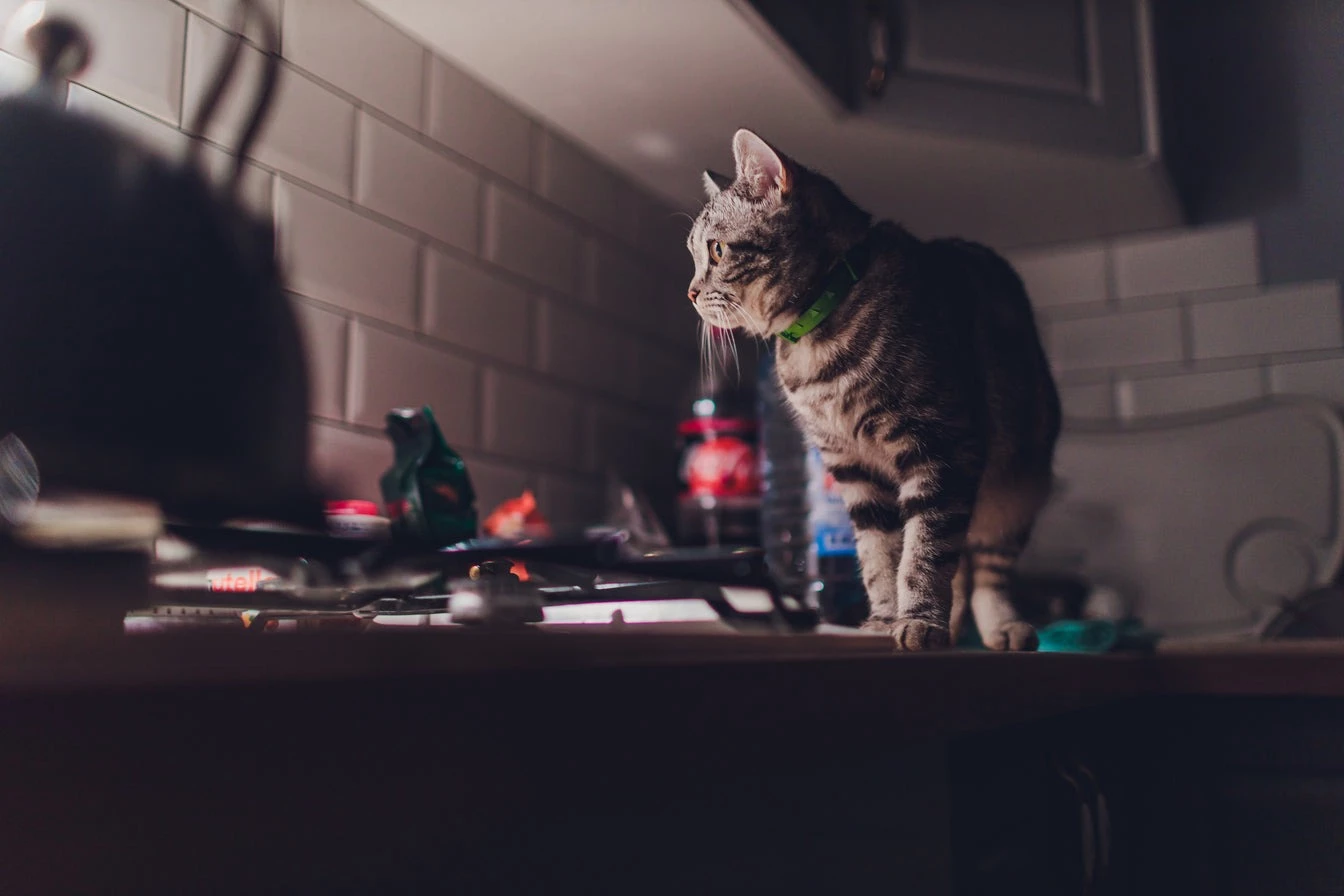 Source: Google Images
Source: Google Images
First things first, it's essential to understand that cats are crepuscular creatures, meaning they're naturally most active at dusk and dawn. This is precisely when they will most likely serenade you with their meows.
The most common reason your feline friend might serenade you in the wee hours is that they're feeling particularly frisky. Cats can get bored, lonely, or playful during the night.
This is also the time when you might hear cats engaging in romantic encounters or settling a dispute. But sometimes, a meowing cat at night could signal that they're unwell or in pain.
Advertisement
 Source: Google Images
Source: Google Images
Instinct Kicks In
Cats have an inner alarm clock set for dawn and dusk, and that's when they're raring to go.
Contrary to popular belief, cats aren't the true night owls; they're more crepuscular, meaning they're most active at dawn and dusk. So if your feline friend is belting out a serenade in the middle of the night, it's not because she's trying to start a midnight concert—it's just her natural rhythm kicking in.
Overstimulation Can Lead to Vocalization
Cats can get pretty chatty when they're overstimulated. This can happen after rough play, during major changes at home, or following active playtime.
To help your cat calm down, first, identify what's causing the excitement.
Advertisement
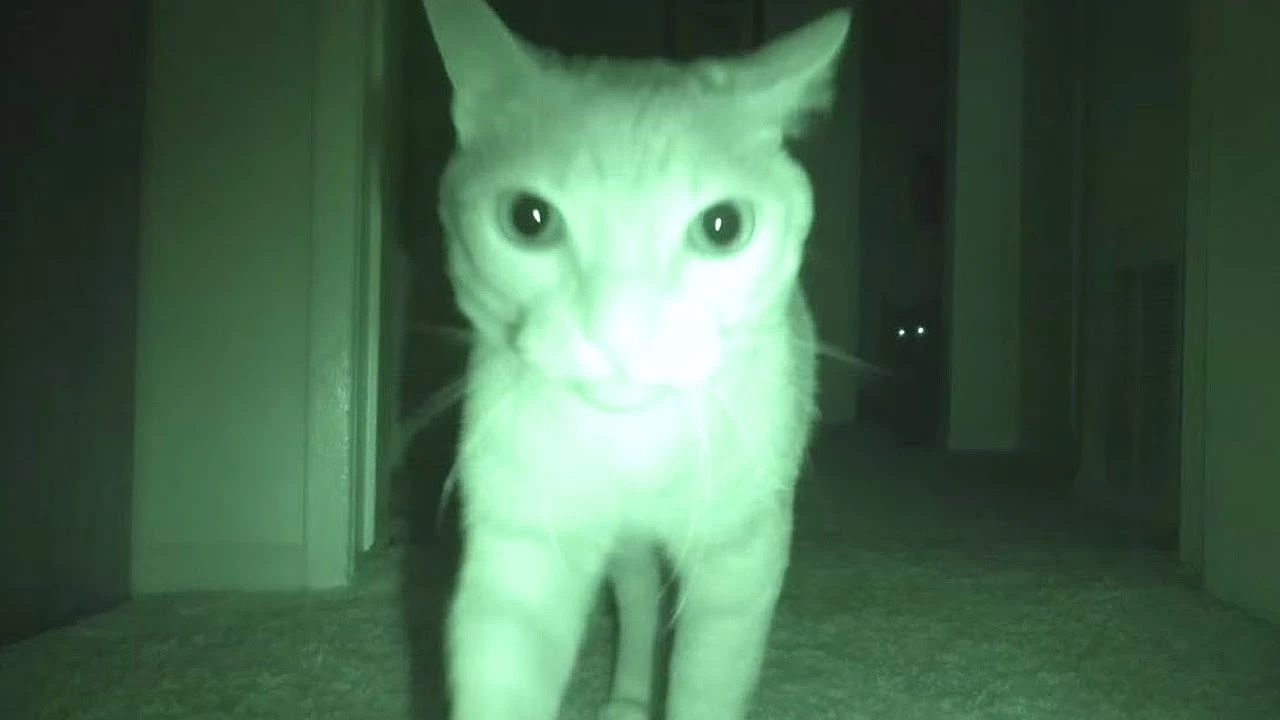 Source: Google Images
Source: Google Images
If it's vigorous play, try toning it down. Some cats find catnip relaxing, so consider a little catnip toy before bedtime. If your cat isn't into catnip, you can explore CBD for pets, known for its calming and anti-anxiety properties.
By addressing the overstimulation and trying these remedies, you can have a quieter, more relaxed feline companion, especially during the night.
They Crave Attention
Cats can get bored if their environment lacks mental and physical stimulation.
Toys and activities that encourage self-play can help keep your cat entertained without late-night yowling.
Asserting Territory
Cats may yowl to assert their territorial dominance, especially when they sense an "intruder."
Mating Calls
Cats that aren't spayed or neutered may yowl during heat to attract potential mates.The solution? Consider spaying/neutering to alleviate this behavior.
Advertisement
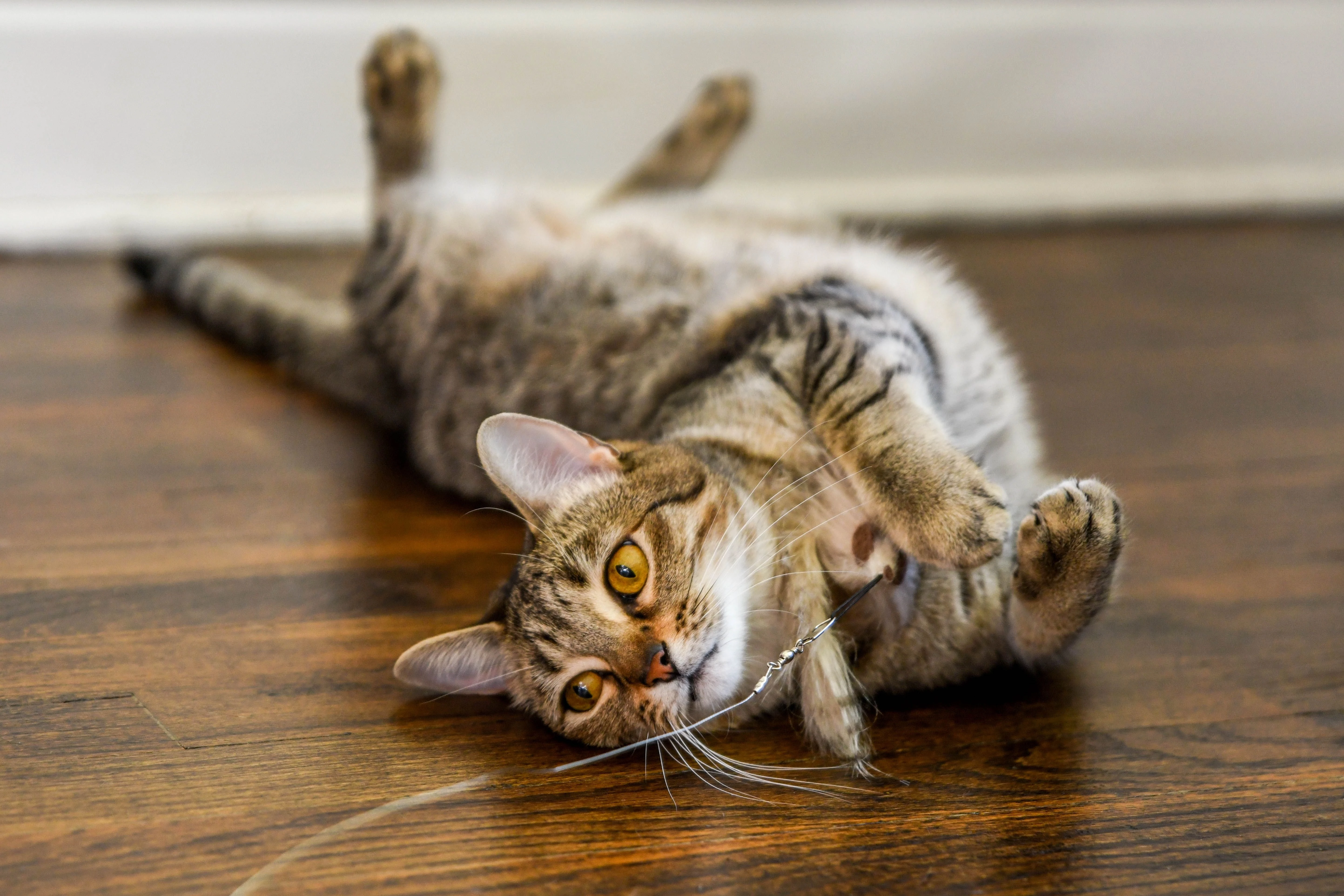 Source: Google Images
Source: Google Images
Environmental Factors
Assess your cat's environment to ensure it's stress-free and cat-friendly.
Look into factors like resources, smells, safe spaces, mental and physical stimulation, and your bonding time with your feline friend.
Understanding why your cat sings the song of her people at night can help you take steps to reduce nighttime disturbances and enjoy peaceful sleep alongside your furry companion.
However, sometimes meowing at night can be an indicator for deeper health issues, such as:
Hyperthyroidism
Hyperthyroidism, although common in senior cats, can be tricky to identify. Initially, the symptoms might be mild and resemble other problems.
Advertisement
 Source: Google Images
Source: Google Images
For instance, thyroid imbalances can make your cat feel perpetually hungry, leading her to vocalize her distress at night. It can also cause other forms of confusion, prompting her to call for help.
Because these hormonal imbalances could indicate underlying health issues, consulting your vet is essential. Your vet might recommend medication, iodine treatment, thyroid surgery, or dietary changes to address thyroid problems in cats.
Kidney Troubles
If your cat's nighttime yowling is coupled with increased thirst, frequent urination, weight loss, diminished appetite, lack of energy, or changes in grooming habits, kidney disease could be the root cause.
Advertisement
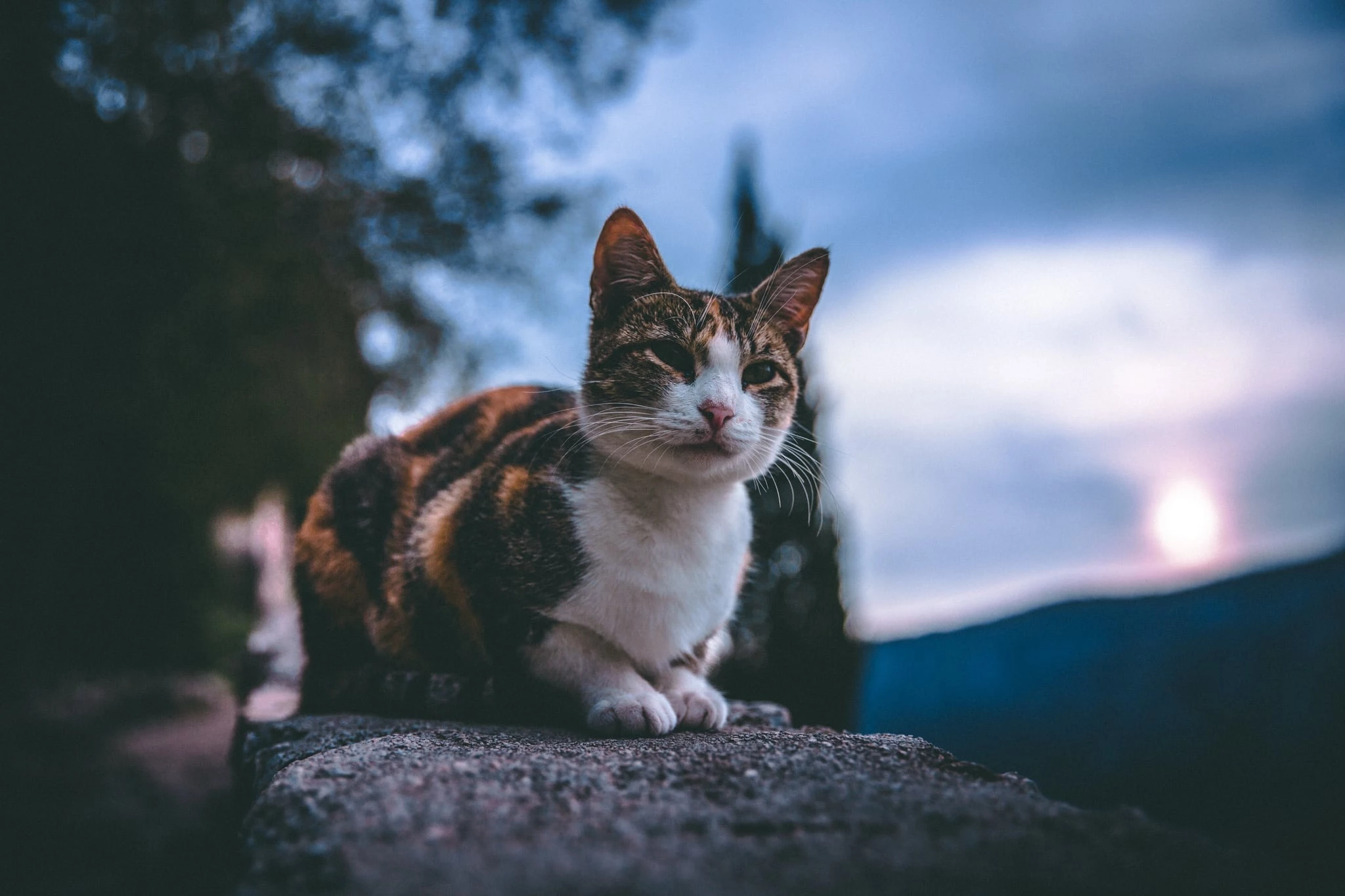 Source: Google Images
Source: Google Images
Kidney issues can be uncomfortable, causing restlessness and vocalization. Unfortunately, kidney disease is not curable, but you can manage it. A diet of low-phosphorus wet food and ensuring adequate water intake, combined with regular vet check-ups, can help slow the disease's progression.
Arthritis
Arthritis could be causing your cat's nighttime howling, especially if her joints are painful and mobility is compromised. Look for signs like limping, stiffness, and difficulty jumping or moving quickly.
To make life easier for your senior feline companion, consider options like raised food and water bowls, accessible cat trees, heated orthopedic beds, and arthritis supplements.
Advertisement
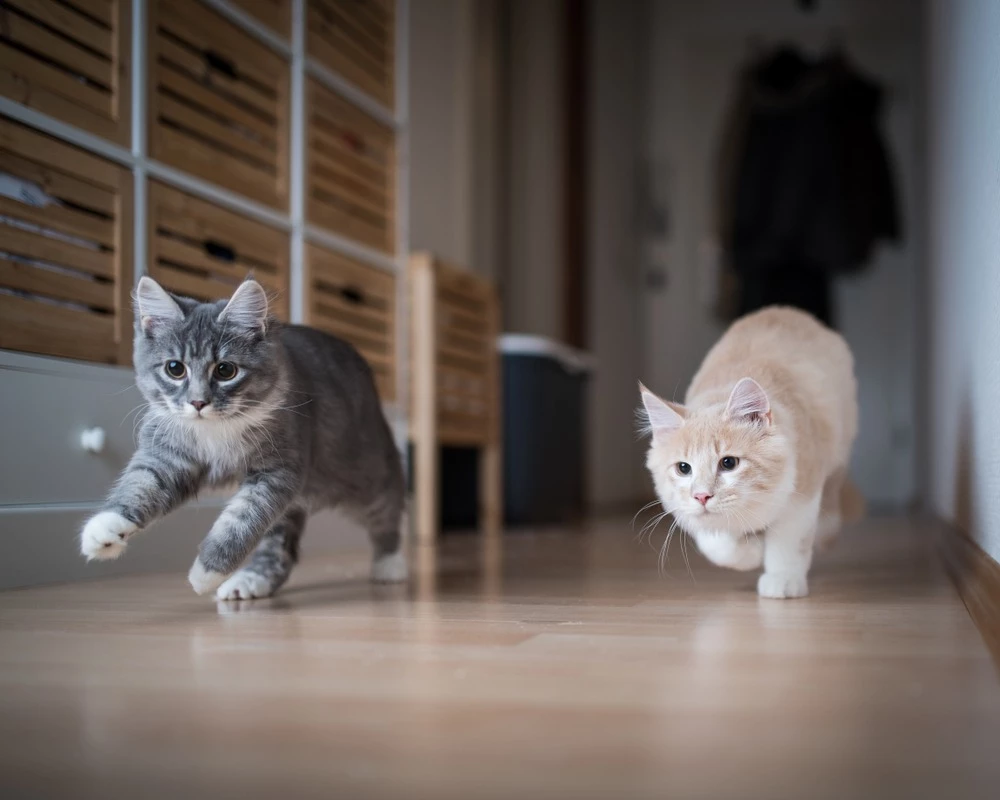 Source: Google Images
Source: Google Images
If your cat is in pain, consulting your vet is advisable to rule out other potential causes and determine the best course of action.
Cognitive Dysfunction
Just like humans, cats can experience dementia in their later years, known as feline cognitive dysfunction (FCD). This condition typically affects cats aged 10 or older. If your elderly cat is yowling at night and displays other behavioral changes, she might be dealing with FCD.
FCD can lead to disorientation, especially if your senior cat's vision is compromised. Installing nightlights can help her navigate safely, potentially reducing the need to yowl for assistance. If your cat's behavior suggests cognitive dysfunction, discuss management strategies with your vet.
Advertisement
How To Get A Kitten To Stop Meowing At Night: Ways To Ensure They Are Quiet
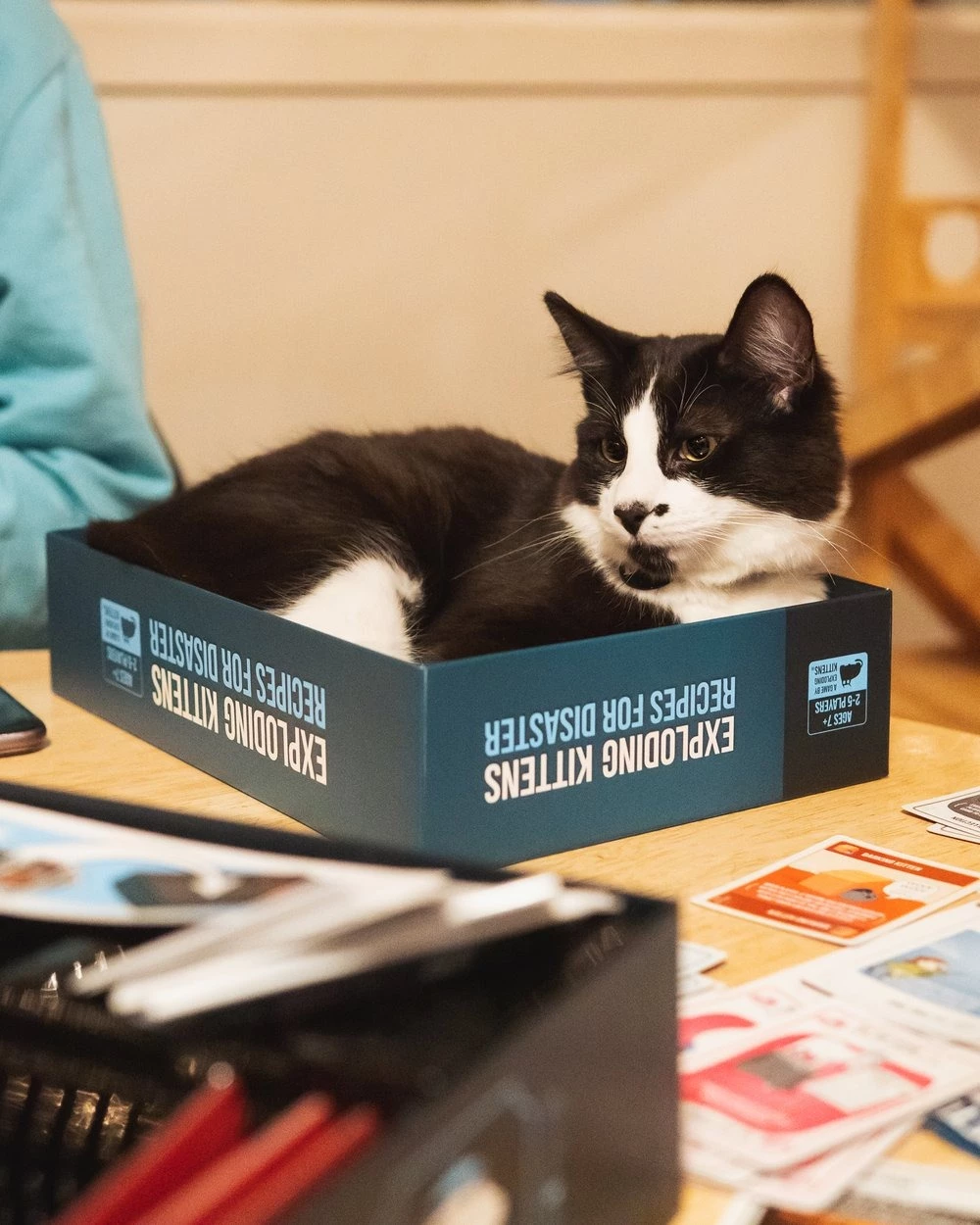 Source: Google Images
Source: Google Images
Here are some tips you can try if your cat’s meowing problem is not due to health issues:
Prioritize Playtime
If your cat seeks playtime before bedtime, indulge them. Toss a ball or engage with their favorite toy to help expend their energy and relax their body and mind.
You can also consider increasing their playtime during the day to minimize pent-up energy by the evening. However, if your cat is older or has medical conditions affecting their mobility, consult your local vet before ramping up playtime to prevent any strain on their joints and bones.
Advertisement
 Source: Google Images
Source: Google Images
Establish a Designated Sleeping Area
Condition your cat to sleep in its designated space within the house, and always keep your bedroom door closed to prevent them from scratching at the door when you're trying to sleep. Whether your cat is a kitten or a senior feline, cat-based training techniques can be applied. Be aware that the process may take longer for fully grown cats, so patience is essential.
Don't Assume They're Hungry
Over time, your cat may have learned that meowing can summon food. Therefore, when they meow at 2 a.m., don't automatically assume they're hungry and disrupt their regular feeding schedule.
Advertisement
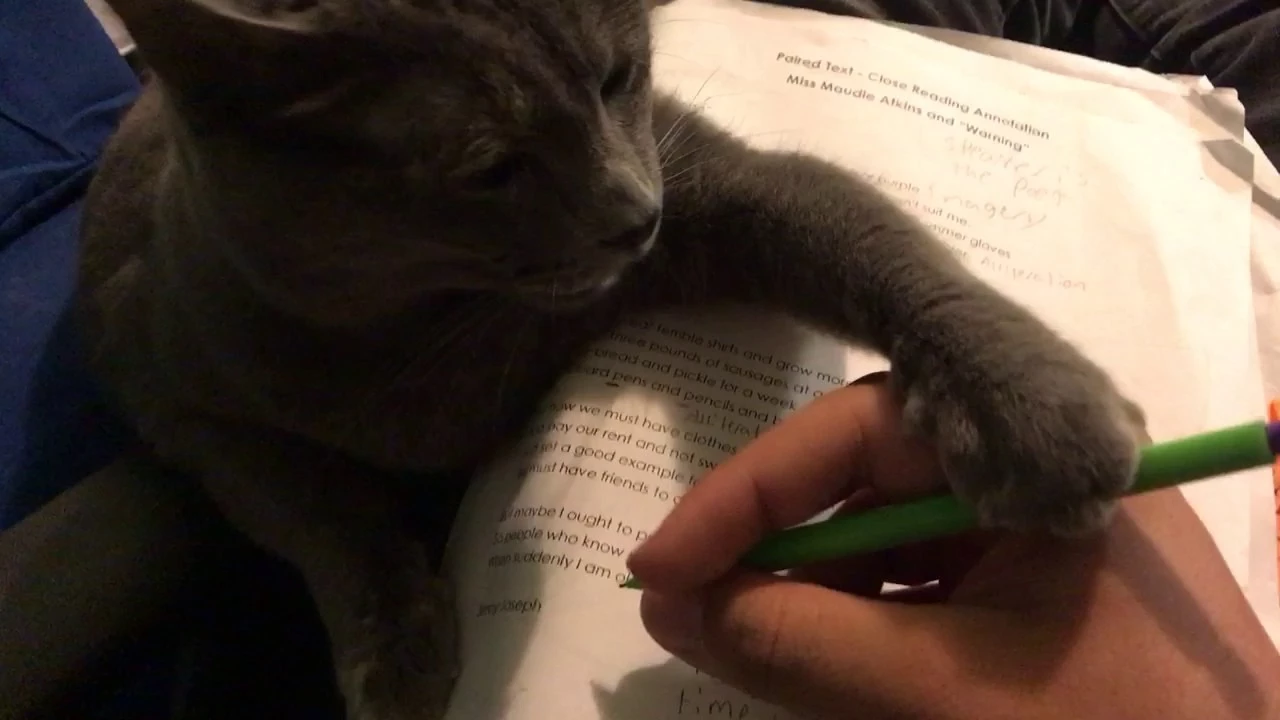 Source: Google Images
Source: Google Images
Don't Always Respond
Sometimes, you might feel a gentle paw on your cheek or a subtle headbutt while in bed. This indicates that your cat knows how to get what it wants. In most cases, you should ignore this behavior and only get up to remove them from your bedroom and shut the door. However, if your cat has a known medical condition, they might be trying to convey something important.
Limit Their Choice
If your cat roams freely at night, consider moving any objects that are prone to being knocked down and keep their toys out of reach. Once they find an object or toy to play with, it can be challenging to ignore their nighttime antics.
Consistently following these steps should help your cat learn that their meowing won't yield results, ultimately establishing a bedtime routine that doesn't involve a midnight serenade or door-scratching that wakes you up. If your cat has a medical condition or is older (typically over ten years of age), consult your local vet before implementing these measures.
Advertisement
Recap: How To Keep Your Feline Quiet At Night
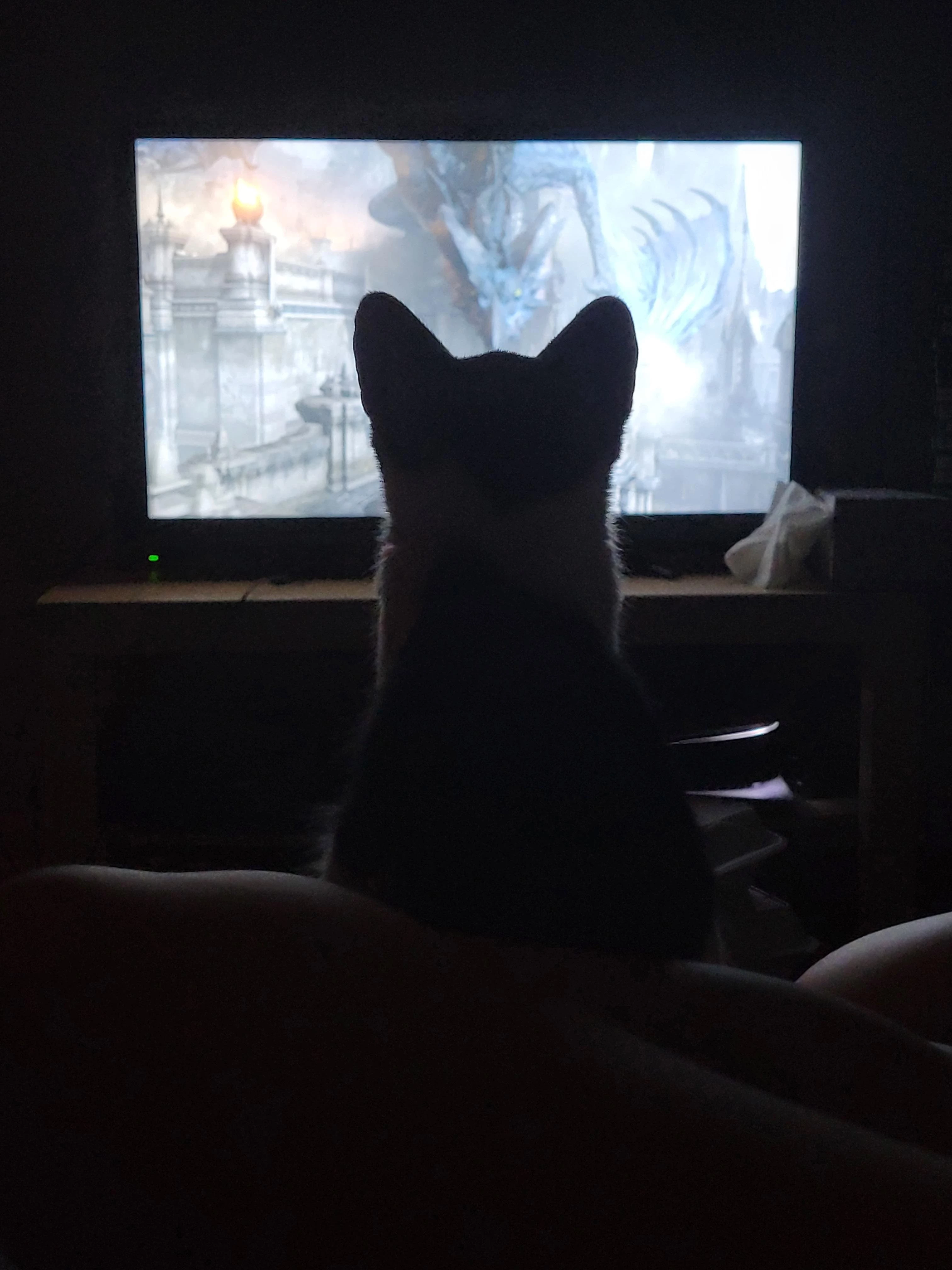 Source: Google Images
Source: Google Images
If your kitten is meowing a lot, understanding the reasons behind their nighttime serenades is crucial. It might be due to their natural crepuscular instincts or a sign of other issues.
While some causes are simply behavioral, persistent meowing can also indicate underlying health concerns like hyperthyroidism, kidney troubles, arthritis, or cognitive dysfunction.
By addressing the root cause and implementing strategies like playtime, designated sleeping areas, and not automatically responding to meows, you can help ensure a quieter, more peaceful night's sleep for both you and your feline friend. Always consult your vet for guidance, especially if health problems are suspected.
Related Articles
- Gorilla Tries To Run Into Cold Water, Regrets It, And Then Acts Cool As If Nothing Bad Happened
- The Heartwarming Tale Of Gentle Outcast Cat's Journey From The Streets To Loving Home In NYC
- Cat Left Behind In Apartment When His Family Moved Is Happy When Finally Adopted After 5 Months Of Waiting
- Man Out Paddle Boarding Suddenly Realizes He Has Chance Encounter With A Very Curious Manatee
- Woman Finds Flowers All Over Bedroom Every Day - Then Relizes They Were Left By A Secret Admirer
- This Man Stops To Rescue 'Angry' Animal In The Road—And Ends Up Making A Friend
- Photographer Spots A Haunting Face Pleading For Help On Beach
- Shoppers Are Completely Stunned As They Spot A Face Pleading For Help At Store’s Glass Door
- Couple Adopts Bulldog Who Looks Similar To Their Pet and Gets A Big Surprise
- Man Sets Up Owl Nesting Box, Then Surprisingly Discovers Fluffy Visitor Inside
Share this article
Advertisement